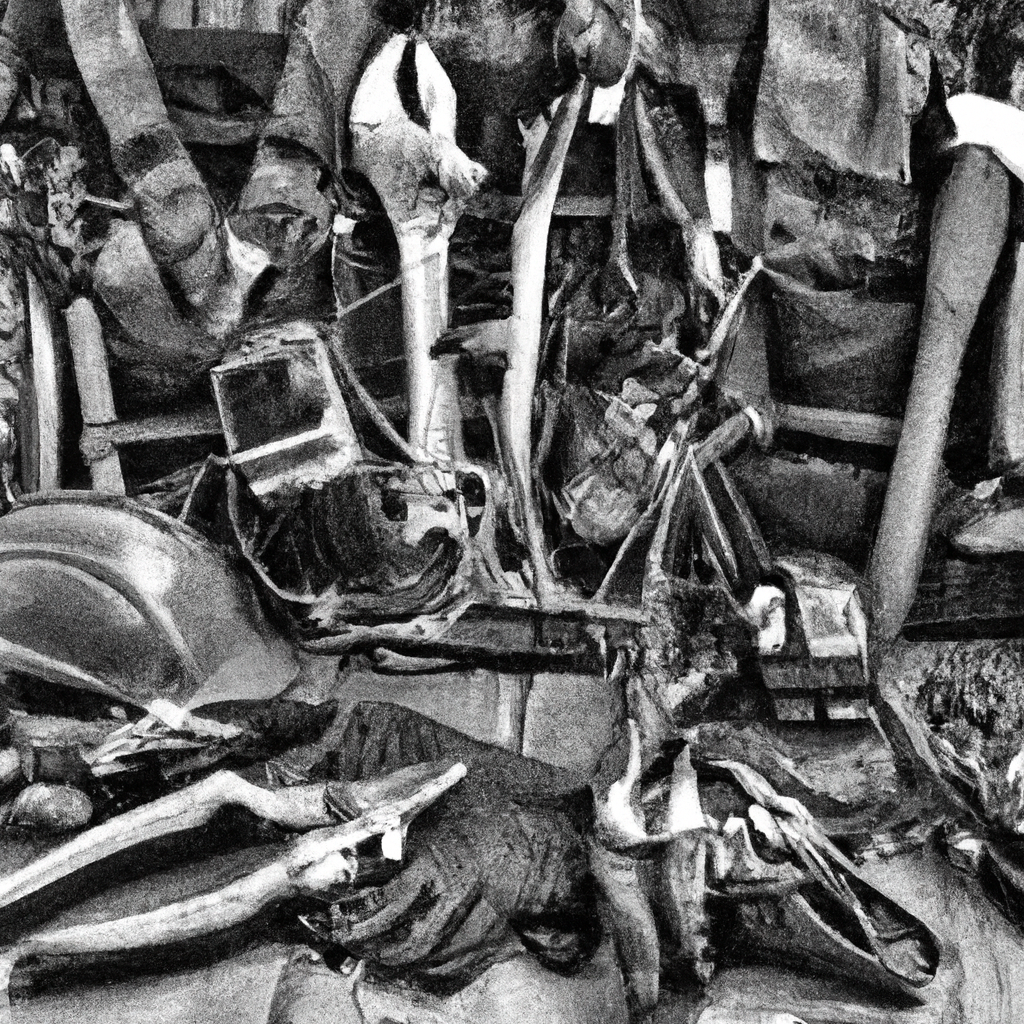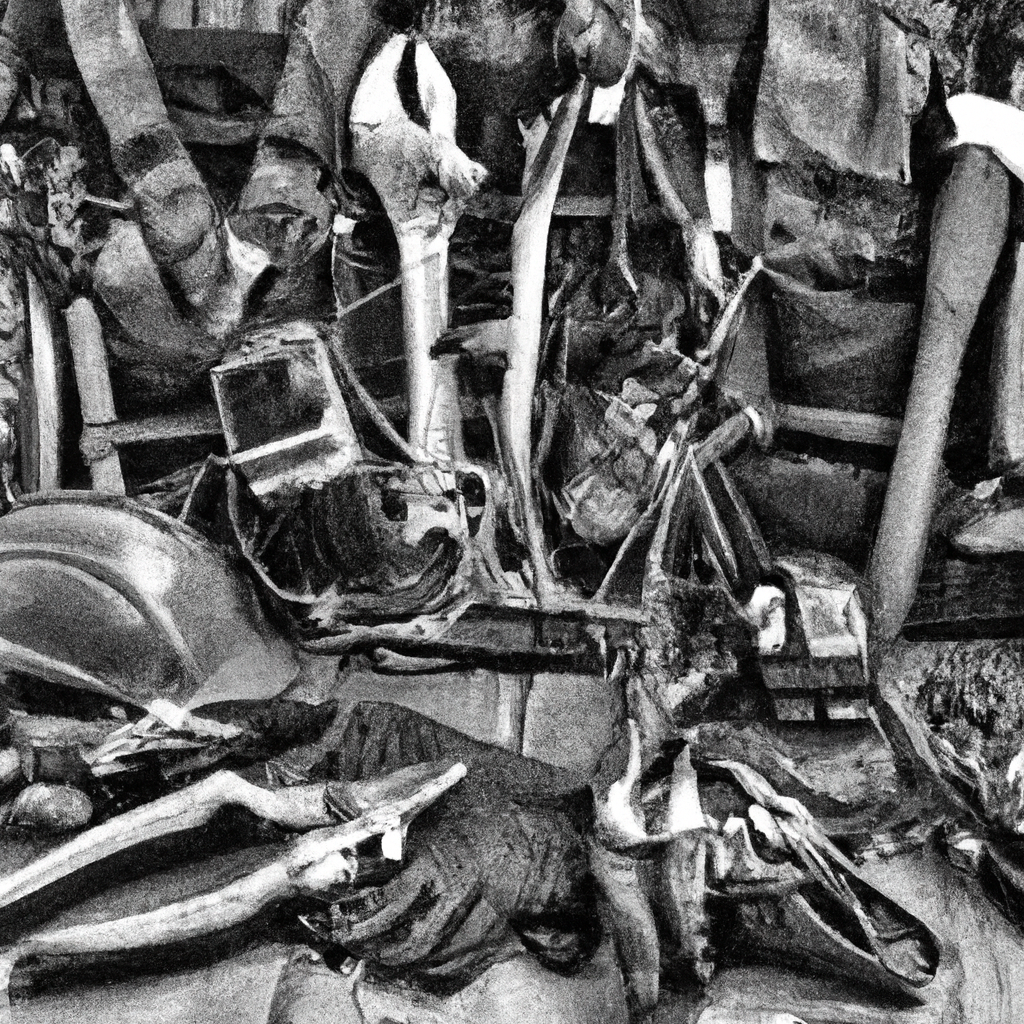Have you ever wondered whether lineman buy their own tools? It’s a common question that often pops up when discussing the profession. Well, the answer is not as straightforward as you might think. While some linemen purchase their own tools, others rely on their employers to provide them. In this article, we’ll explore this intriguing aspect of the lineman profession, shedding light on the factors that influence whether or not they invest in their own equipment. Get ready to learn more about the world of lineman tools and uncover the truth behind this fascinating topic.
Overview of lineman profession
What is a lineman?
A lineman, also known as a power line technician, is a skilled professional who works in the electrical power industry. Linemen are responsible for installing, maintaining, and repairing power lines and electrical infrastructure. They play a crucial role in ensuring a reliable supply of electricity to homes, businesses, and industries.
Roles and responsibilities of a lineman
The role of a lineman is multifaceted and encompasses various responsibilities. Some of the key tasks performed by linemen include:
- Installing and repairing power lines, poles, and transformers
- Conducting routine inspections to identify potential hazards or maintenance needs
- Troubleshooting and fixing electrical faults
- Working at heights to conduct repairs or installations
- Collaborating with team members to ensure efficient and safe operations
- Adhering to safety protocols and regulations to minimize risks
- Responding to emergency situations, such as power outages or storms
Different types of linemen
Within the lineman profession, there are different specializations that linemen can pursue. These include:
- Distribution Linemen: They work primarily on power lines that deliver electricity from substations to homes, businesses, and other facilities. Distribution linemen focus on maintaining and repairing low voltage power lines.
- Transmission Linemen: They deal with high-voltage power lines that transmit electricity over long distances. Transmission linemen often work on taller transmission towers and are trained to handle the complexities of high-voltage systems.
- Substation Linemen: They specialize in maintaining and troubleshooting electrical substations, which act as intermediaries between power plants and distribution lines. Substation linemen ensure the efficient flow of electricity by monitoring and repairing equipment within substations.
- Journeyman Linemen: Having gained extensive experience and expertise, journeyman linemen have a broader skill set and can perform a wide range of tasks. They often supervise less experienced linemen and take on more complex and challenging projects.
Importance of tools in lineman profession
Tools play a vital role in the lineman profession, enabling linemen to carry out their duties effectively and safely. The right tools not only enhance productivity and efficiency but also contribute to the overall quality of work. From basic hand tools to specialized equipment, linemen rely on a wide range of tools to perform various tasks, including pole climbing, line installation, and electrical repairs.
Tools needed in lineman profession
Basic tools for linemen
Basic tools are essential for linemen to perform their day-to-day tasks. These tools typically include:
- Lineman’s Pliers: Used for cutting and twisting wires, lineman’s pliers are a lineworker’s go-to tool.
- Screwdrivers: Different types and sizes of screwdrivers are necessary for various electrical connections and installations.
- Wrenches: Linemen use wrenches for tightening or loosening nuts, bolts, and fittings.
- Tape Measure: A reliable tape measure helps ensure accurate measurements when installing or repairing power lines.
- Hammer: A hammer allows linemen to drive nails, set anchors, and perform other tasks that require impact force.
- Insulated Gloves and Sleeves: Vital for personal protection, insulated gloves and sleeves protect against electrical shock.
- Safety Glasses: Linemen wear safety glasses to shield their eyes from flying debris or other potential hazards.
Specialized tools for linemen
In addition to basic tools, linemen also use specialized tools that are specific to the tasks they perform. Some examples of specialized tools for linemen include:
- Cable Cutters: Designed for cutting high-strength cables and conductors, cable cutters are a critical tool for linemen.
- Hot Sticks: Hot sticks are insulated poles used to handle energized power lines safely.
- Voltage Detectors: Linemen use voltage detectors to determine if a power line is live or de-energized before performing any work.
- Crimping Tools: Crimping tools are used to make secure electrical connections by compressing connectors onto wire ends.
- Wire Pulling Tools: These tools, such as wire grips and come-alongs, assist linemen in pulling power lines and conductors through conduits or over long distances.
Safety equipment for linemen
Safety should be a top priority for linemen, considering the potential hazards of working with electricity. Alongside tools, linemen rely on various safety equipment to protect themselves on the job. Some essential safety equipment for linemen include:
- Hard Hats: Linemen wear hard hats to safeguard against head injuries from falling objects or accidental bumps.
- Fall Protection Gear: Harnesses, lanyards, and safety belts are used by linemen while working at heights to prevent falls.
- Flame-Resistant Clothing: To minimize the risk of burns, linemen wear flame-resistant clothing that provides protection in case of an arc flash or other fire-related incidents.
- Rubber Insulating Equipment: Linemen use rubber gloves, sleeves, blankets, and mats to insulate themselves from electrical currents and protect against electrical shock.
- Safety Harnesses: When climbing poles or towers, linemen wear safety harnesses to secure themselves and prevent falls.
Technology and equipment advancements
Advancements in technology and equipment have significantly impacted the lineman profession. Modern tools and equipment have enhanced efficiency, accuracy, and safety for linemen. For example, hydraulic crimping tools have replaced manual crimpers, reducing the physical strain on linemen and improving the quality of connections. Additionally, the emergence of drones in the electrical industry has enabled linemen to inspect and survey power lines more easily and efficiently. Such technological advancements continue to shape the tools and equipment used by linemen, ensuring a more effective and streamlined workflow.
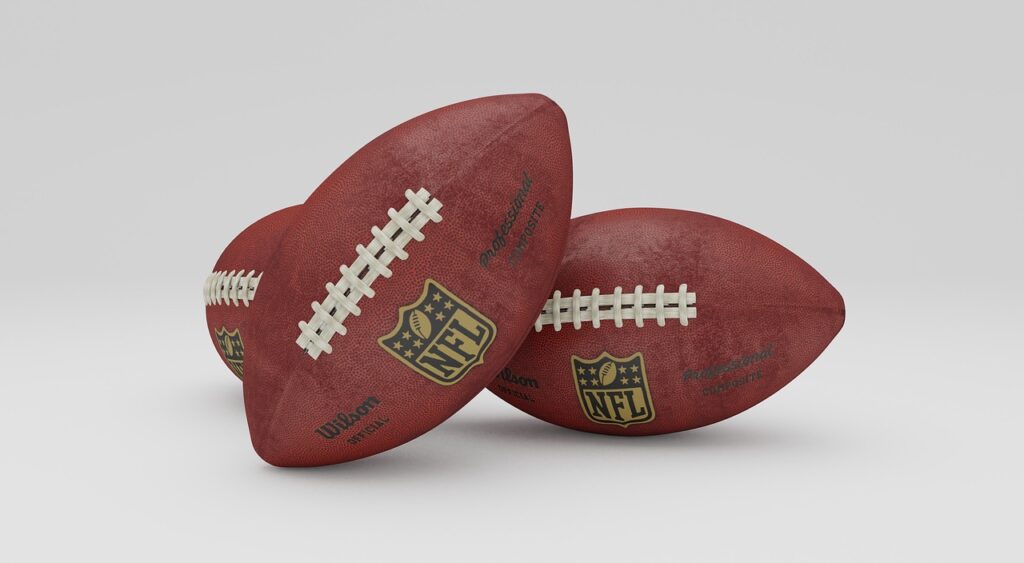
Employer-provided tools
Do employers typically provide tools?
In most cases, employers in the lineman profession do provide linemen with the necessary tools to perform their jobs. The exact tool provisioning policies may vary depending on the employer and the specific job requirements. However, it is generally expected that employers will provide linemen with the fundamental tools and equipment needed to carry out their duties safely and efficiently.
Benefits of employer-provided tools
Employer-provided tools offer several advantages to linemen:
- Cost Savings: By supplying tools, employers alleviate the financial burden on linemen, who may otherwise need to purchase expensive equipment themselves.
- Consistency: When employers provide tools, they ensure that linemen have access to standardized, high-quality equipment. This consistency promotes uniformity in work practices and enhances safety.
- Responsibility: Employers assume responsibility for maintaining, repairing, and replacing tools, relieving linemen of the associated tasks and expenses.
- Compliance: Employers can ensure that linemen have access to the latest safety-compliant tools, minimizing the risk of accidents and injuries.
Limitations of employer-provided tools
While employer-provided tools are beneficial, there are some limitations to consider:
- Limited customization: Linemen may have personal preferences or specific requirements that aren’t satisfied by the tools provided by their employers. In such cases, linemen may choose to purchase additional tools themselves.
- Dependency: Relying solely on employer-provided tools may limit linemen’s independence and ability to work outside their employment.
- Availability: In some situations, tools provided by employers may not be readily available or accessible, potentially causing delays in completing tasks.
Factors influencing employer-provided tools
Several factors influence the tools provided by employers to linemen:
- Job requirements: The nature of the job and specific tasks performed by linemen determine the tools needed. Employers consider these requirements when providing tools.
- Organizational policies: Company policies and practices vary, affecting the approach to tool provisioning. Some employers may provide a broader selection of tools, while others may supply only the essential ones.
- Budget considerations: Financial constraints may impact the extent of tool provision by employers. Companies must balance providing necessary tools with managing costs effectively.
- Safety regulations: Employers must comply with safety regulations and standards, which may dictate the specific tools and equipment required. Employers would provide tools accordingly to ensure compliance and minimize occupational hazards.
Linemen purchasing their own tools
Instances where linemen buy their own tools
There are instances where linemen choose to purchase their own tools. These situations may arise due to several factors:
- Personal preferences: Linemen may have specific brand preferences or models that they believe are more suitable for their work style or provide superior performance.
- Customization: Some linemen may require specialized tools that are not typically provided by employers. Purchasing their own tools allows them to meet their unique needs or work on personal projects.
- Career progression: Linemen who aspire to take on more complex or specialized tasks may invest in tools that enable them to fulfill those aspirations.
- Tool availability: In some cases, linemen may find it more convenient or efficient to have their own set of tools readily available rather than relying solely on employer-provided tools.
Advantages of purchasing personal tools
Linemen who choose to purchase their own tools can experience several advantages:
- Flexibility and customization: Owning personal tools gives linemen the freedom to select the tools that best suit their preferences and work requirements. Personalized tools can enhance comfort and productivity.
- Ownership and familiarity: By owning their tools, linemen develop a deeper familiarity with their equipment, leading to improved efficiency and confidence in their work.
- Career investment: Investing in high-quality tools can be seen as a long-term investment in one’s career. Personal tools may offer better durability and performance compared to employer-provided tools, contributing to professional growth and advancement.
Challenges faced by linemen when buying tools
While purchasing personal tools can be advantageous, linemen may encounter some challenges:
- Cost: High-quality tools can be expensive, and linemen may have to bear the financial burden themselves. For linemen starting their careers or facing financial constraints, this can present a significant challenge.
- Compatibility: Employers may have specific compatibility requirements for tools used in their operations. Purchasing personal tools that do not align with these requirements may limit their utility or lead to compatibility issues with existing equipment.
- Maintenance and repairs: With personal tools, linemen assume responsibility for maintenance, repairs, and replacements. This can add additional time and effort to their work and may require technical expertise or specialized knowledge.
Considerations when choosing personal tools
When linemen decide to purchase their own tools, several factors should be considered:
- Quality and Durability: Investing in high-quality tools ensures longevity and minimizes the risk of equipment failure. Researching the reputation of brands and evaluating customer reviews can help guide purchasing decisions.
- Ergonomics and Comfort: Tools that are ergonomically designed can contribute to reduced fatigue and increased comfort during long hours of work. Linemen should consider tools that are the right size and weight for their physical requirements.
- Safety Features: Safety should always be a priority. When purchasing tools, linemen need to ensure they have the necessary safety features, such as insulation or proper grounding, to minimize the risk of accidents.
- Compatibility: If linemen need to use their personal tools alongside employer-provided tools, compatibility should be considered. Checking with employers or colleagues can help assess if the tools will work well together.
- Warranty and Support: Opting for tools with a warranty or reliable customer support can provide reassurance and assistance in case of repairs or replacements.

Tool ownership and responsibility
Ownership rights of tools
The ownership rights of tools in the lineman profession can vary depending on employer policies and contractual agreements. In some cases, tools may be owned by the employers and loaned to linemen for their job responsibilities. Alternatively, linemen may have ownership rights over the tools they personally purchase. It is important for linemen to clarify ownership rights and responsibilities with their employers to avoid any confusion or disputes.
Responsibility for tool maintenance
The responsibility for tool maintenance can also vary depending on ownership rights. If tools are provided by the employer, they typically assume responsibility for maintenance and repairs. Linemen are expected to report any issues or damage promptly to their employers. However, if linemen own the tools, they are responsible for their maintenance, including regular cleaning, lubrication, and calibration. Routine inspections should be conducted to ensure the tools are in optimal working condition and any necessary repairs should be promptly addressed.
Tool replacement and repair
When tools become damaged or defective, it is essential to address repair or replacement promptly. If the tools are employer-provided, linemen should report the issue to their supervisors or the designated tool management personnel. Employers will then arrange for the necessary repairs or replacements. However, when linemen own the tools, they must take the initiative in arranging for repairs or replacements. Depending on the extent of damage, repairs may be done by the linemen themselves or by professional repair services. In cases where tools are beyond repair, the linemen must bear the cost of replacement.
Tool loss or theft
In situations where tools are lost or stolen, it is crucial to take immediate action. Linemen should report the loss or theft to their employers to initiate the necessary investigations. If tools are employer-owned, the employer may provide replacements based on their policies. However, if linemen own the tools, it is their responsibility to file a report with the appropriate authorities and notify their employers. In such cases, replacement costs typically fall on the linemen unless covered by insurance or employer policies.
Factors impacting tool ownership decisions
Employment contracts and union agreements
The terms and conditions outlined in employment contracts and union agreements have a significant influence on tool ownership decisions. These documents may clearly state the rights and responsibilities regarding tools and specify whether linemen are expected to purchase their own tools or if they will be provided by the employer. Understanding the provisions of these agreements is crucial for linemen to make informed decisions about tool ownership.
Company policies and practices
Company policies and practices also directly impact tool ownership decisions. Employers may have established policies that dictate the provision of tools or offer specific guidelines on linemen purchasing personal tools. Reviewing these policies and seeking clarification from employers can help linemen navigate tool ownership decisions and understand their rights and obligations.
Personal preferences of linemen
Personal preferences of linemen play a role in determining tool ownership decisions. Some linemen may have a strong desire to own their tools, ensuring they have equipment that aligns with their preferences and work style. Others may prefer the convenience and guaranteed quality of employer-provided tools. Considering personal preferences, needs, and career aspirations can help linemen decide whether to buy their own tools or rely on employer-provided tools.
Financial implications
Financial considerations are significant factors in tool ownership decisions. Purchasing personal tools can incur costs that linemen must bear, which may impact their budgeting and financial stability. Linemen should assess their financial capability and weigh the cost of purchasing tools against the potential benefits and disadvantages. Financial planning and seeking advice from financial professionals, if necessary, can assist linemen in making well-informed decisions.
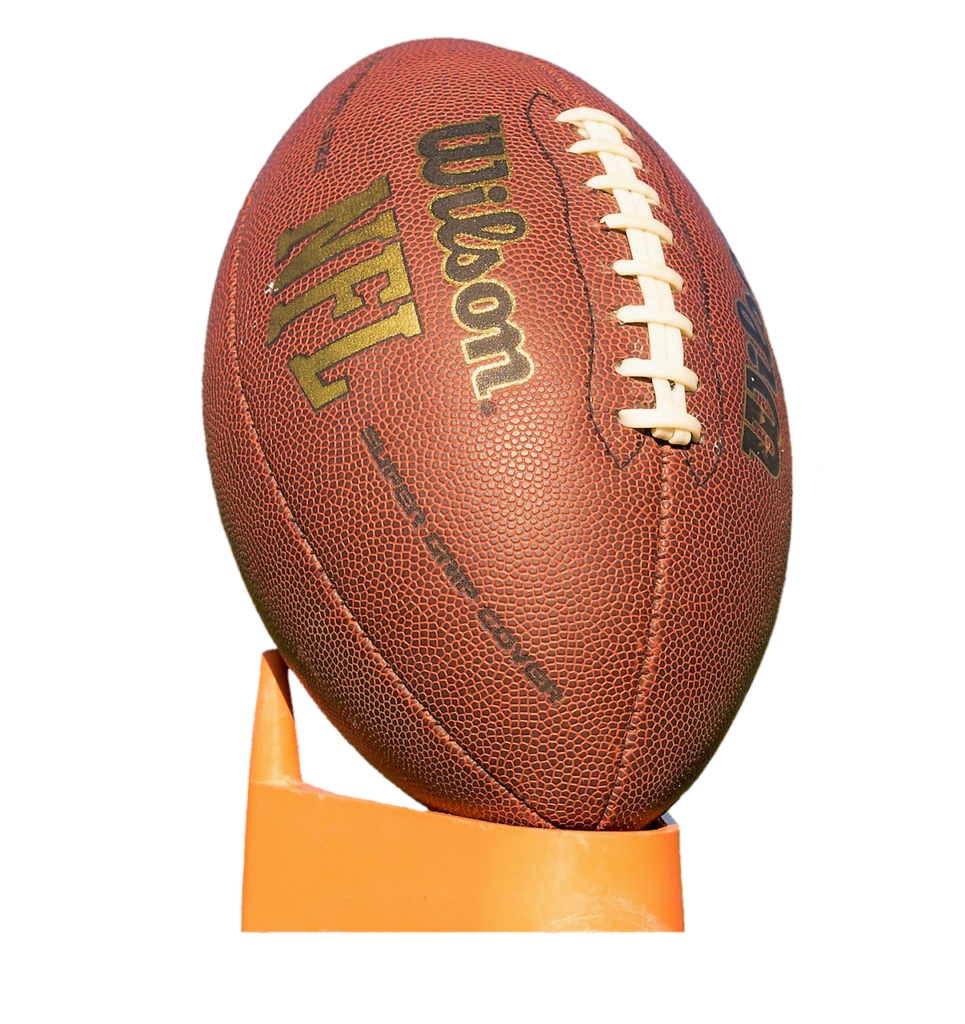
Impact on job performance
Effect of tool ownership on job performance
The ownership of tools can have a direct impact on job performance in the lineman profession. When linemen have access to tools that they feel comfortable and confident using, job performance is likely to improve. Ownership of tools allows linemen to personalize their work experience, fostering a sense of ownership, pride, and accountability. Linemen are more likely to take better care of personal tools, leading to improved productivity and attention to detail.
Influence of personal tools on productivity
Personal tools that are well-suited to a lineman’s preferences and work style contribute to enhanced productivity. It is easier for linemen to work efficiently when they have tools that they are familiar with and have optimized for their specific needs. Familiarity with personal tools promotes quicker execution of tasks, reduces error rates, and allows linemen to focus more on the work at hand, thereby improving overall productivity.
Safety implications of tools
Tools directly impact the safety of linemen on the job. Whether provided by employers or owned personally, the quality and condition of tools play a critical role in minimizing hazards and reducing the risk of accidents or injuries. When linemen have ownership over their tools, they are more likely to prioritize their maintenance and take necessary precautions. Personal tools that are well-maintained and regularly inspected contribute to a safer working environment for linemen.
Collaboration and teamwork with shared tools
In situations where linemen share tools, collaboration and teamwork are essential. Tools that are well-maintained, easily accessible, and compatible with existing equipment promote seamless collaboration. Linemen must communicate effectively to ensure tools are available when needed, properly returned, and in good working condition. Shared tools require coordination and cooperation among team members, fostering a sense of camaraderie and teamwork.
Training and education
Tool training provided by employers
Employers in the lineman profession often provide training on the proper use, care, and maintenance of tools. This training ensures that linemen are knowledgeable about the tools they use and understand the safety protocols associated with them. Integrated into broader job training programs, tool training equips linemen with the skills necessary to utilize tools effectively, enhancing job performance and minimizing risks.
Lineman education on tools
Becoming proficient in using tools is a significant aspect of a lineman’s education. Aspiring linemen undergo formal training and education programs that include instruction on the use of various tools specific to the profession. Linemen learn about tool functionality, safety practices, and techniques for using tools efficiently and effectively. This comprehensive education prepares linemen for the practical application of tools in real-world scenarios.
Certifications and qualifications
Certifications and qualifications in the lineman profession often include assessments of tool knowledge and proficiency. Linemen may be required to demonstrate their proficiency in handling and maintaining tools as part of certification processes. These certifications validate a lineman’s competence and ensure that they possess the necessary skills to use tools safely and effectively.
Continuous learning and updates
The lineman profession is constantly evolving, with advancements in tool technology, safety standards, and industry practices. It is essential for linemen to engage in continuous learning and remain updated on new tools and techniques. Attending workshops, seminars, and industry conferences can provide opportunities for linemen to enhance their tool-related knowledge and stay abreast of industry trends.
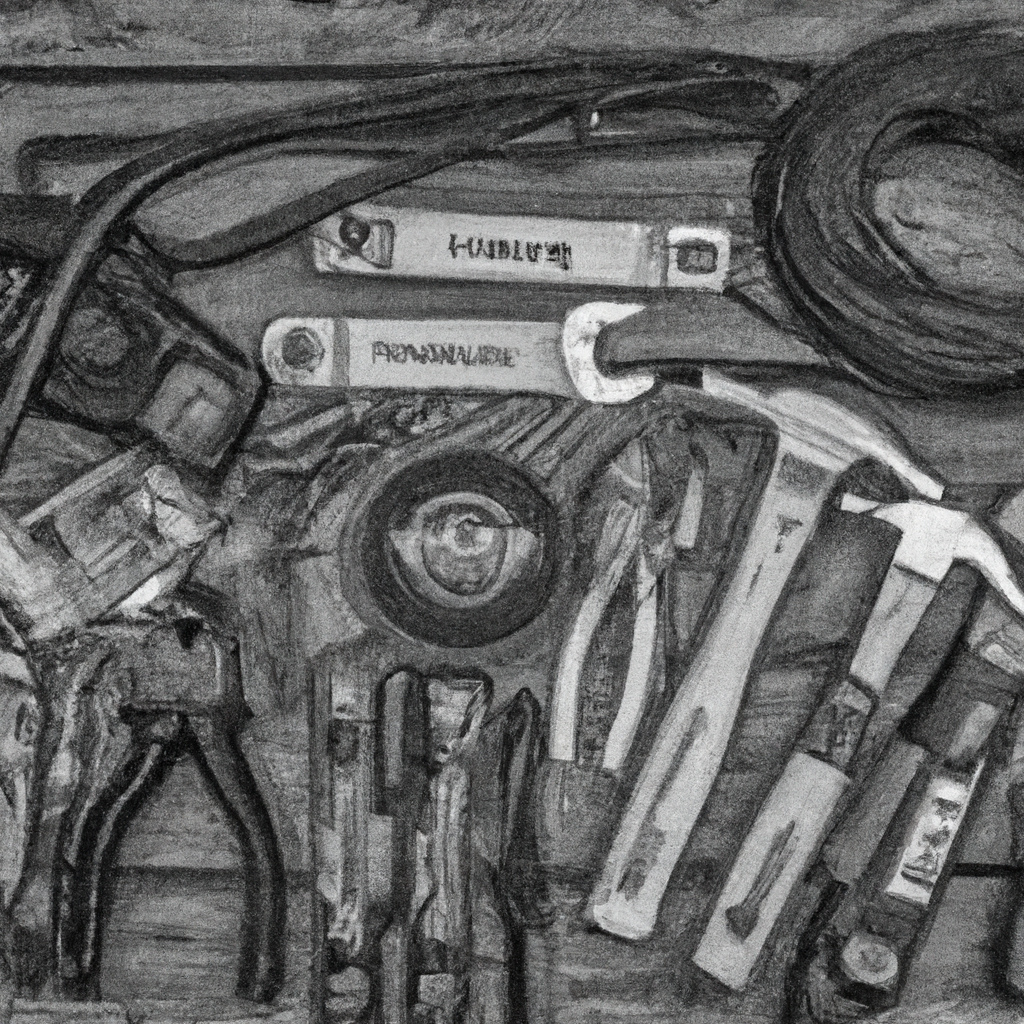
Industry trends
Changing trends in tool ownership
The trend of tool ownership in the lineman profession has seen some changes in recent years. While employer-provided tools remain common, more linemen are opting to purchase their own tools due to various factors, including personal preferences and the desire for greater control over their work environment. This shift towards personal tool ownership reflects the evolving attitudes and needs of linemen in the modern workforce.
Advancements in tool technology
Advancements in technology have revolutionized the tools used by linemen. Tools now incorporate features such as improved ergonomics, enhanced safety mechanisms, and digital capabilities. For example, digital multimeters have replaced traditional analog meters, allowing for more accurate measurements and advanced troubleshooting capabilities. These advancements in tool technology have not only improved job performance but also contribute to increased efficiency and safety for linemen.
Industry standards and regulations
Industry standards and regulations play a crucial role in determining the tools used by linemen. Safety regulations require linemen to use specific types of tools that meet established safety standards. Additionally, industry standards provide guidance on tool requirements, testing procedures, and best practices for tool usage. Compliance with these standards and regulations ensures the safety of linemen and the reliability of electrical systems.
Impact of automation and digitalization
Automation and digitalization are increasingly influencing the lineman profession, including the tools used by linemen. Robotics and automated systems are being deployed for tasks such as power line inspections and maintenance. These advancements reduce the physical strain on linemen and enhance efficiency. Furthermore, digital tools and software applications are being integrated into the lineman’s toolkit, enabling increased data analysis, remote monitoring, and enhanced communication among team members.
Conclusion
The lineman profession relies heavily on tools to perform crucial tasks in the power industry. Whether provided by employers or purchased personally, tools significantly impact the job performance, productivity, and safety of linemen. Employers play a vital role in providing the necessary tools, ensuring safety compliance, and maintaining equipment. However, linemen also have the option to purchase personal tools that cater to their individual needs and preferences. Each approach has its advantages and limitations, and linemen must carefully consider the factors influencing tool ownership decisions. Continuous training, education, and awareness of industry trends contribute to the evolution of the lineman profession and the tools used within it. As the industry continues to advance technologically, linemen must adapt to changing tool requirements and maintain a commitment to safety and excellence in their work.
